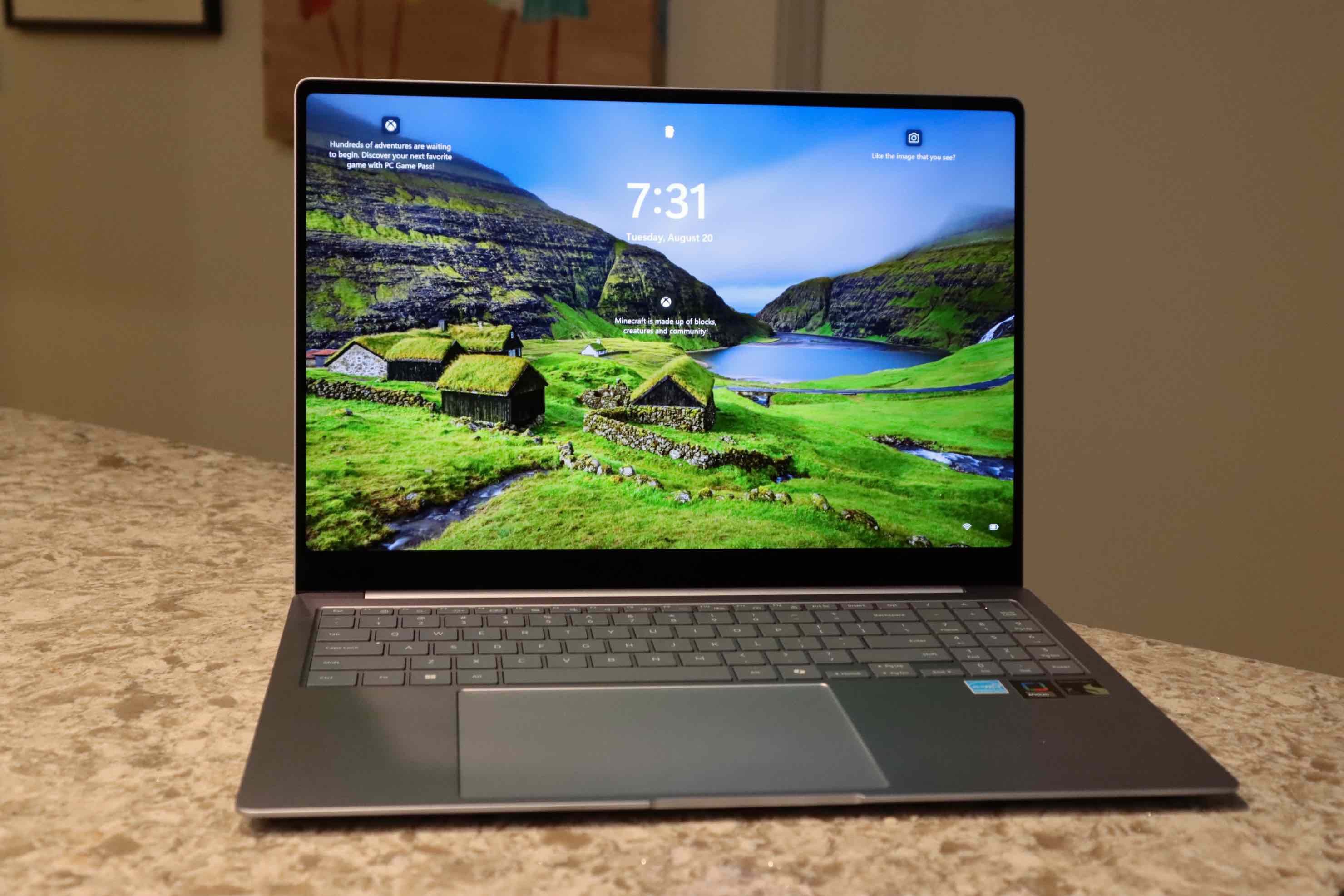Microsoft wants to simplify all Windows updates, and it could make everyone’s life easier
The grand plan is aimed at businesses initially, but consumers will surely benefit too

- Microsoft has a grand vision of Windows Update delivering updates for all software installed on the PC
- This is mainly aimed at the business world to begin with, but there’s no reason why consumers won’t eventually benefit as well
- Developers will need to be persuaded to hook up their apps to Microsoft’s new unified delivery platform, though
Microsoft plans to have Windows 11 itself handle all software updates via the Windows Update system, or that appears to be the idea for the future.
The Verge spotted a Microsoft blog post that outlined a vision of the “unified future for app updates on Windows,” as penned by product manager Angie Chen.
While this is a post on the IT Pro blog, and as such it’s targeted at IT admins and organizations, as Microsoft pushes forward in this direction, there’s no reason why consumers won’t benefit from this too.
This is surely the plan, even if it isn’t mentioned explicitly, as the post announces that a private preview of the new system is now kicking off, which any app developer can join to start getting their software ready for Microsoft’s brave new world of updates.
As it stands now, Windows Update provides relevant updates for the operating system itself (of course) and related frameworks, as well as drivers sometimes. When it comes to individual apps – or suites of software – you are reliant on the developer to deliver these through their own mechanisms.
Microsoft wants to change this by introducing a “Windows-native update orchestration platform” that allows any app developer to make use of Windows Update to deliver patches for their software alongside regular Windows 11 updates.
As Microsoft explains, there are several benefits to working in this way, not the least of which is that it keeps things simple and streamlined to get all your updates from one source.
Sign up for breaking news, reviews, opinion, top tech deals, and more.
Additionally, you’ll be able to view a history of all updates across your entire PC via the update history in the Windows 11 Settings app. Furthermore, developers will be able to use the operating system’s powers in terms of deciding when to apply updates, such as obeying the user's or admin’s time windows for updating, for example.
Analysis: A sensible path forward

All this makes some sense, and the convenience of combining all updates under one hub managed by Windows itself is surely taking a step forward.
After all, with updates reliant on the delivery methods of individual software developers, it can be easy to fall behind, especially if the update mechanism is tucked away somewhere and doesn’t happen automatically. Or indeed, if you don’t run a piece of software for ages, it could be hanging around in the background in a miserably unpatched state.
With Windows Update handling all this, you’d be on top of your software updates consistently, at least in theory. That said, cynics might be quick to pounce on the reliability of Windows Update.
Failed installations of updates are not exactly uncommon and are reported with some regularity. However, remember that these are updates for Windows 11 itself – more complex, knotty OS upgrades – and small app updates are unlikely to suffer any such wrinkles. And whether they do, or not, will presumably be down to the devs anyway, to a large extent.
It’s worth noting that you do get updates piped through to Windows apps automatically with software installed via the Microsoft Store, but of course, far from every developer wants to use that store.
Worried about app support, and some software being left out? Every base should be covered, with support for all common app types (not just Microsoft’s own creations, such as MSIX apps), as outlined in the blog post.
However, there could still be a catch here, namely that it’s up to software developers to use Microsoft’s new platform. And nothing is forcing them to hook up to the system, so will they bother?
That’s the multi-million-dollar question, but from my perspective, it all seems a sensible enough idea. While this may be a plan targeting the business world initially, I can envision a broader move towards this model of Windows updates for all kinds of app developers eventually. And as more make the leap, others could be persuaded to follow…
You might also like...
- Hate Copilot? You might change your mind if this hint that it’ll extend your laptop’s battery life is true
- Can’t upgrade to Windows 11? This Linux project wants to save your old PC from the scrapheap when Windows 10 support ends
- Been hiding from Windows 11 24H2 due to the fuss about all the bugs? There’s nowhere to run now as Microsoft’s made the update compulsory
Darren is a freelancer writing news and features for TechRadar (and occasionally T3) across a broad range of computing topics including CPUs, GPUs, various other hardware, VPNs, antivirus and more. He has written about tech for the best part of three decades, and writes books in his spare time (his debut novel - 'I Know What You Did Last Supper' - was published by Hachette UK in 2013).
You must confirm your public display name before commenting
Please logout and then login again, you will then be prompted to enter your display name.